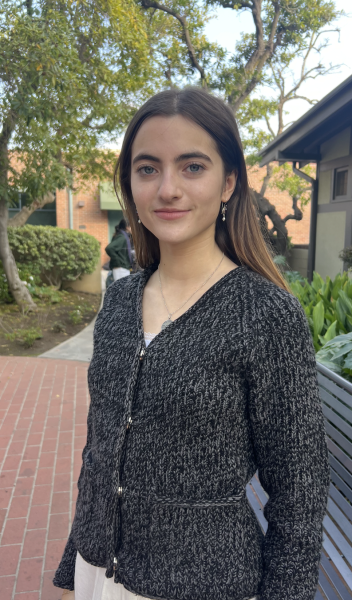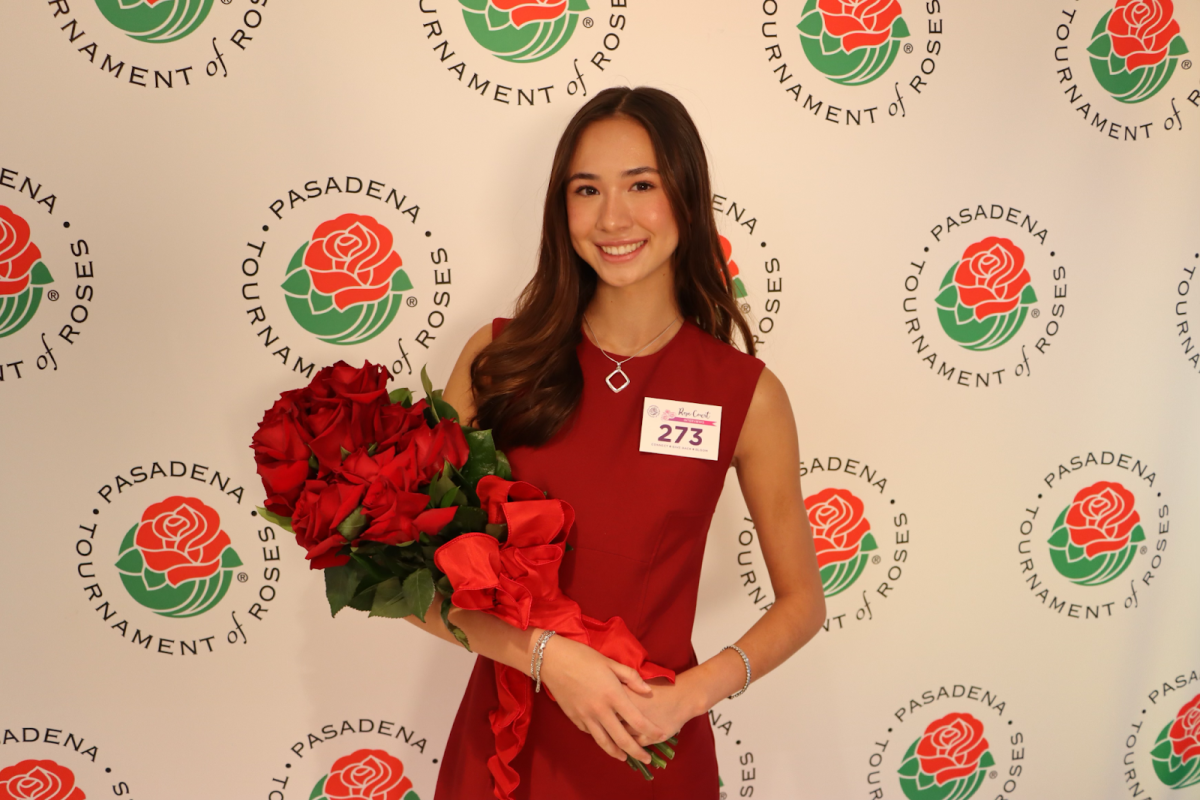Federal funding cuts for universities under the Trump administration have recently disrupted the research projects and opportunities of some of America’s wealthiest colleges.
While campaigning last year, President Donald Trump promised to use federal cuts as a way to address the “critical race theory, transgender insanity, and other inappropriate racial, sexual, or political content” that he believes some universities promote.
Most notably, the Trump administration has frozen over $1 billion in federal funding for Cornell University and approximately $790 million for Northwestern University, citing alleged antisemitism that both schools permitted during recent campus protests related to the Israel-Hamas war in Gaza.
The White House also froze $175 million of federal funding to the University of Pennsylvania in response to their policy on transgender athletes that allowed the participation of a transgender athlete on the women’s swimming team in 2022.
Universities’ responses to President Trump’s cuts in their federal funding have varied. For example, when the Trump Administration took away $400 million in federal funding from Columbia University, the school responded by complying with Trump’s requests. Some of Columbia’s policy changes included no longer permitting students to wear face masks on campus “for the purposes of concealing one’s identity” as well as initiating a review of its Middle Eastern studies department.
Other universities including Harvard are pushing back against the Trump administration’s requests for schools to reconsider their policies. When Trump froze $2 billion in federal grants, Harvard still refused to comply with demands to share hiring data and eliminate diversity, equity, and inclusion programs. Instead, Harvard responded to the Trump administration by filing a lawsuit.
In filing the lawsuit, Harvard lawyers wrote, “The tradeoff put to Harvard and other universities is clear: Allow the Government to micromanage your academic institution or jeopardize the institution’s ability to pursue medical breakthroughs, scientific discoveries, and innovative solutions.”
Students entering universities affected by funding freezes are already expressing concern.
Alice C. ’25, who will attend Northwestern University—one of the institutions facing a $790 million freeze—said, “I think it’s pretty insane to see a federal movement to defund research in colleges and universities. And I think that’s definitely just frightening and disheartening to see.”
Other students said the possibility of federal cuts factored into their college decisions. Caroline S. ’25, who will attend the University of California, Berkeley, said, “Federal funding was definitely a consideration when I decided to commit to UC Berkeley. My dad especially wanted me to attend a school that would be able to provide me with opportunities no matter what happened with federal funding…nonetheless, I chose Berkeley. But this does not mean I’m not worried for how my next four years might look under Trump.”

For Olivia C. ’25, who is attending Cornell University—where over $1 billion in federal funding has been frozen—the news initially gave her pause. “When I first heard that the Trump Administration was cutting a billion dollars from Cornell, it really made me stop for a second and consider my options. I had just toured McGill and I hadn’t yet toured Cornell, so I was questioning if it might be a better idea to be at McGill in Canada,” she said.
In light of recent federal funding cuts affecting several universities, the College Counseling team at Westridge shared a statement with Spyglass discussing the potential impact on students starting college this fall as well as students applying in future years.
They wrote, “The truth is it’s still too early to know how the prospect of funding cuts will impact applicants and students, and it will likely be a while as cases go through the courts. For now, we wait – but we are monitoring the situation with the help of our director of equity, and professional organizations like NAIS (National Association of Independent Schools), ACCIS (Association of College Admission Counselors in Independent Schools), and NACAC (National Association of College Admission Counselors) are also providing resources to help guide and support families. These are new variables to consider, and we’ve already had conversations as needed with our students and families currently making their final college decision. I think people have questions about how academic programs, campus amenities and resources, and tuition might be impacted, but that is to be determined.”
After attending Cornell’s admitted students day and speaking with university leaders, Olivia ultimately decided to stay in the U.S. and attend Cornell.
“Even if it’s uncomfortable, I feel that as an American who does love my country despite its major flaws, I would like to stay and do anything I can to resist these actions that are trying to dismantle the things I love about this country,” she said.




























![Dr. Zanita Kelly, Director of Lower and Middle School, pictured above, and the rest of Westridge Administration were instrumental to providing Westridge faculty and staff the support they needed after the Eaton fire. "[Teachers] are part of the community," said Dr. Kelly. "Just like our families and students."](https://westridgespyglass.org/wp-content/uploads/2025/03/dr.-kellyyy-1-e1748143600809.png)

























